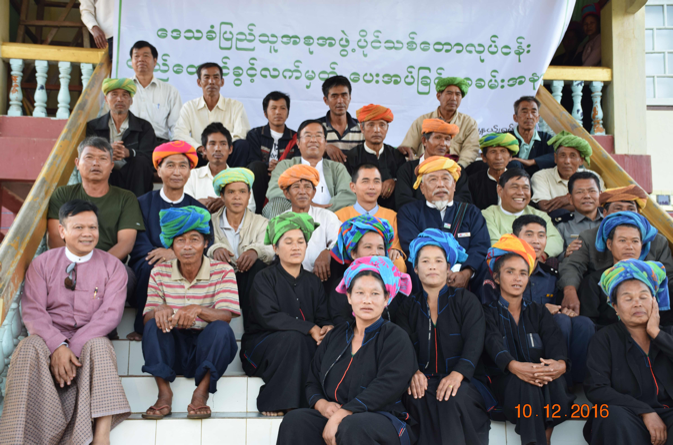Community Forests as a Traditional Nature Based Solution to Climate Change in Myanmar
Main Article Content
Abstract
Nature Based Solutions (NBS) are increasingly recognized by politicians, businesspeople, academics and donors as effective means to address climate change and biodiversity loss. Although NBS is a new terminology, it refers to ways that local people have used and managed natural resources for many years. In Myanmar, the traditional practice of shifting cultivation known as Taung Ya, under which farmers were allowed to cultivate crops in forested land while caring for the teak plantations, was well integrated with scientific forest management since the colonial days. The development of modern community forests dates back to the 1970s. These forests contribute to the supply of timber while also helping with mitigation and adaptation of climate change. Community forests are proven to sequester carbon, especially in mangrove areas. The market for carbon credits is being developed through improved policies and regulatory framework development. The experience in Myanmar has lessons for developing community forests as tangible and intangible cultural heritage which contributes to the mitigation of climate change.
Article Details
References
RECOFTC (The Center for People and Forests). 2022. Community Forest Assessment in Myanmar: A draft report.


